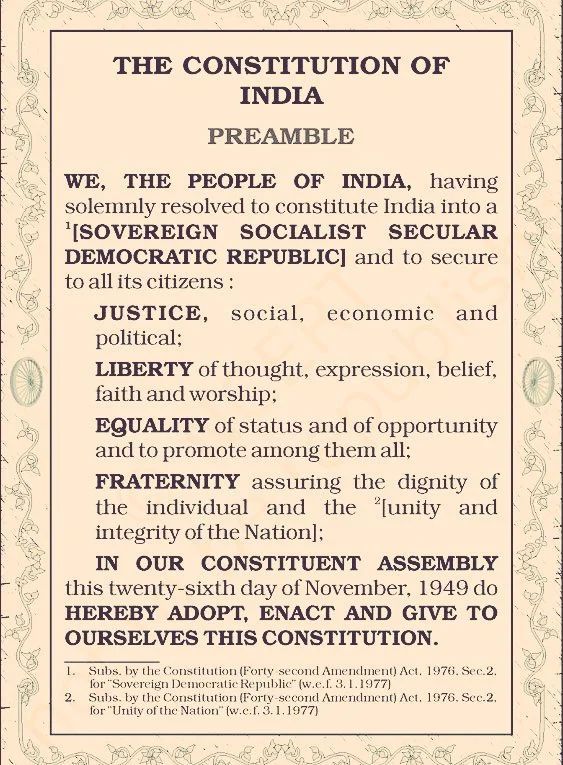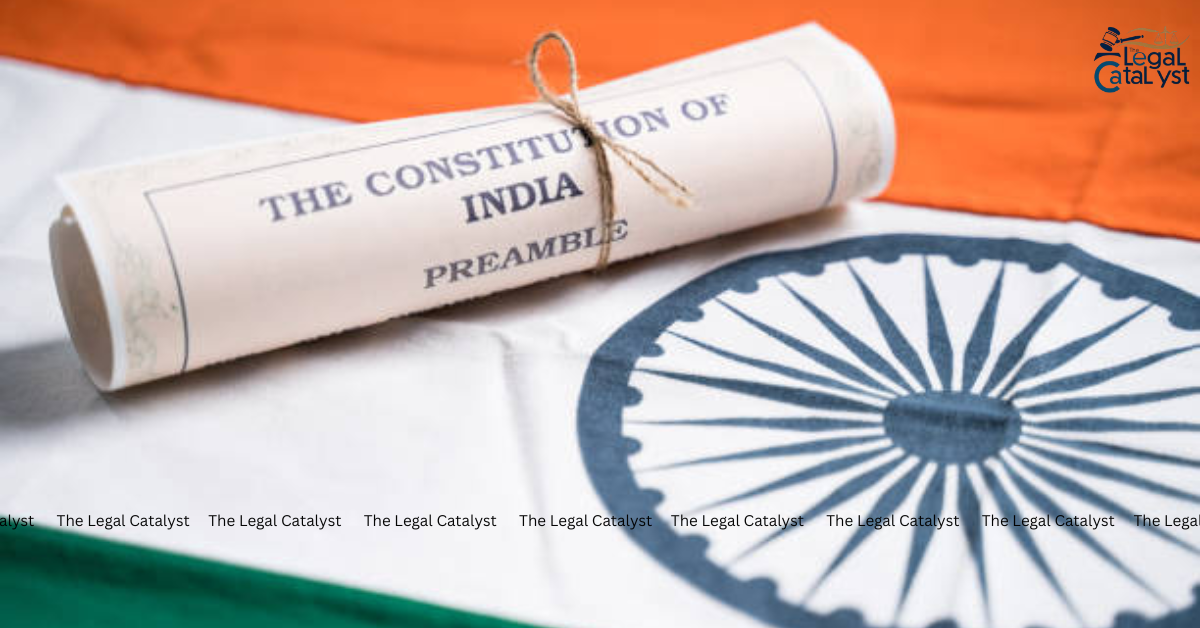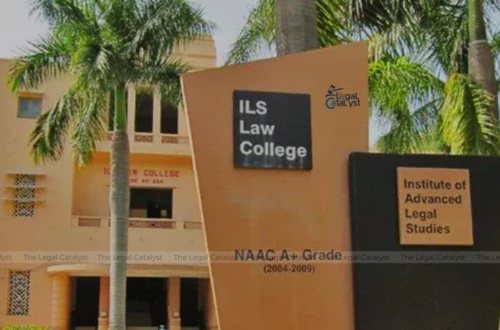The Constitution of India begins with a powerful, resonant statement—the Preamble. These few lines, often memorized by students and quoted in official ceremonies, serve as far more than a ceremonial introduction. They are, in essence, the soul of our Constitution. The Preamble articulates the vision. It outlines the values that the people of India committed to. This commitment was made when the nation declared itself a sovereign republic.
But in the rapidly shifting landscape of our contemporary democracy, one must ask—do these words still hold the same relevance? Are we living up to the constitutional promise we made to ourselves?

“We, the People of India…” — The Source of All Power
The very first words of the Preamble—“We, the People of India…”—assert a critical point. The Indian Constitution derives its authority from its citizens. It does not come from a monarch, colonizer, or elite class. Unlike colonial legal systems imposed upon subjects, the Indian Constitution is a self-authored charter of governance. It reflects the will of the people.
What does this mean? It means that the Constitution does not belong to the government. It belongs to us—the citizens. All power, including that of the legislature, executive, and judiciary, ultimately flows from the people. This idea alone distinguishes India as a true democracy.
Defining India: Five Foundational Pillars
The Preamble defines the nature of the Indian state using five powerful terms. Each word encapsulates an aspect of the identity that the framers of the Constitution envisioned for the country:
- Sovereign: India is free to make its own decisions without foreign interference.
- Socialist: The State must ensure fair distribution of wealth and work towards reducing inequality.
- Secular: Every religion is treated equally by the State; no faith is favoured or discriminated against.
- Democratic: Citizens have the right to elect their leaders, question authority, and participate in governance.
- Republic: The head of the State is elected, not born into power.
Why does this matter today? Because every constitutional amendment, government policy, and judicial decision must uphold these five pillars. If any action by the State contradicts these values, it undermines the very idea of India.
Justice, Liberty, Equality, and Fraternity – The Core Ideals
The Preamble goes further to outline the moral and philosophical foundation of the Indian Constitution through four core values:
- Justice: Encompasses legal, social, and economic justice, ensuring fairness for all.
- Liberty: Guarantees freedom of thought, expression, belief, faith, and worship.
- Equality: Aims to eliminate discrimination and provide equal opportunities for all citizens.
- Fraternity: Promotes unity and brotherhood while preserving the dignity of the individual.
Why are these values vital? Because they provide the ethical compass for lawmaking, governance, and public behaviour. Any law or policy that suppresses freedom, breeds inequality, or incites division directly violates this constitutional ethos.
Does the Preamble Still Have Legal Force?
Absolutely. The Preamble has been recognised by the judiciary as a vital part of constitutional interpretation. The landmark judgment in Kesavananda Bharati v. State of Kerala (1973) established the Basic Structure Doctrine, stating that certain fundamental features of the Constitution—such as democracy, secularism, and the rule of law—cannot be altered by Parliament, even through constitutional amendments.
Since then, the Preamble has served as a compass in numerous judicial pronouncements. Courts continue to refer to it while assessing the constitutional validity of legislation and executive actions. Its relevance extends beyond the courtroom—it is a touchstone for civil rights movements, legal activism, and civic engagement.
A Mirror to Contemporary India
In today’s climate of growing social divisions, rising censorship, and widening economic disparities, the Preamble stands as both a guiding light and a critical lens. It challenges citizens and leaders alike to reflect:
Are we still true to the promise we made as a nation in 1950?
This question is not rhetorical. It urges us to look at real-world conditions—access to justice, freedom of speech, religious harmony, and economic equity—and measure them against the ideals enshrined in the Preamble.
Conclusion: A Call to Responsibility
The Preamble is not merely a historical artifact. It is a living document, meant to inspire action, demand accountability, and shape the future. Its values are timeless, and its message is enduring:
Power belongs to the people. Liberty is non-negotiable. Justice must be accessible. Equality cannot be compromised. And fraternity must be cultivated every day.
As citizens of India, it is not just our right—but our duty—to ensure that these ideals do not fade into ceremonial rhetoric. The Preamble is not just a promise made by the founders of the nation—it is a promise we must renew, defend, and live up to.
Also Read
Police Custody vs Judicial Custody in India







Rattling superb visual appeal on this web site, I’d rate it 10 10.
Thank you for your review. We are glad and are filled with joy and motivation to continue to do so.